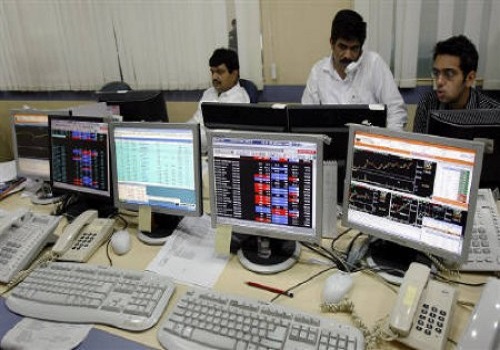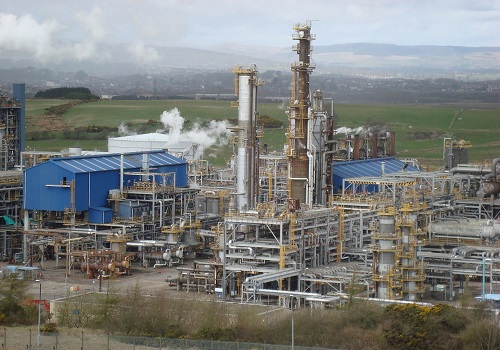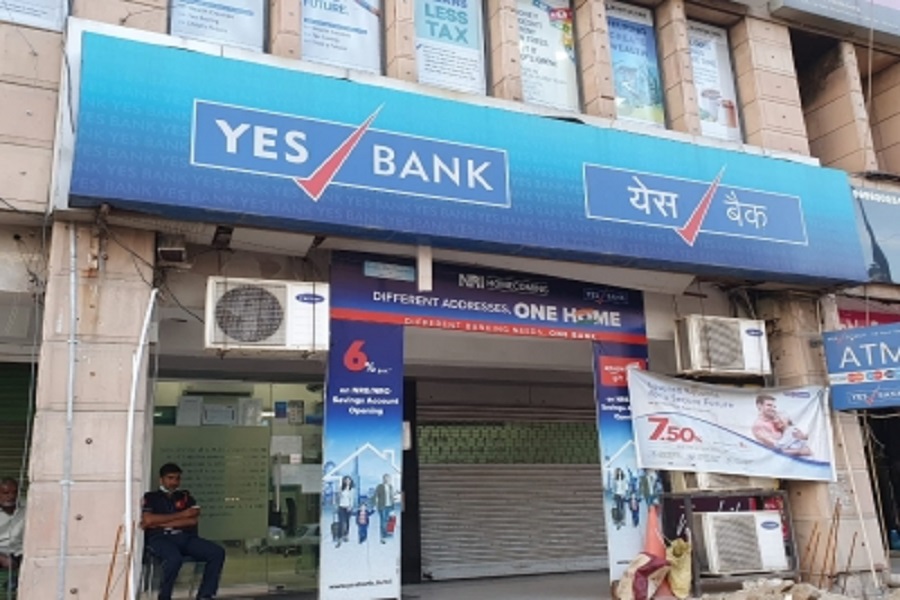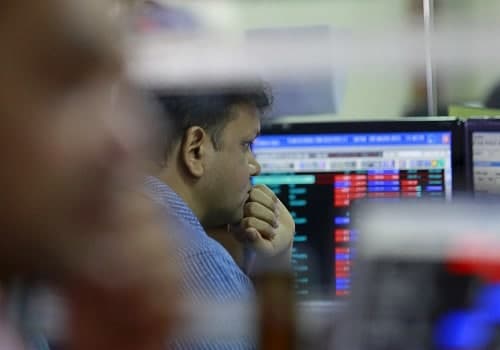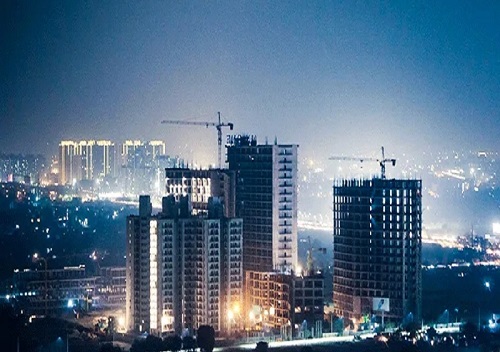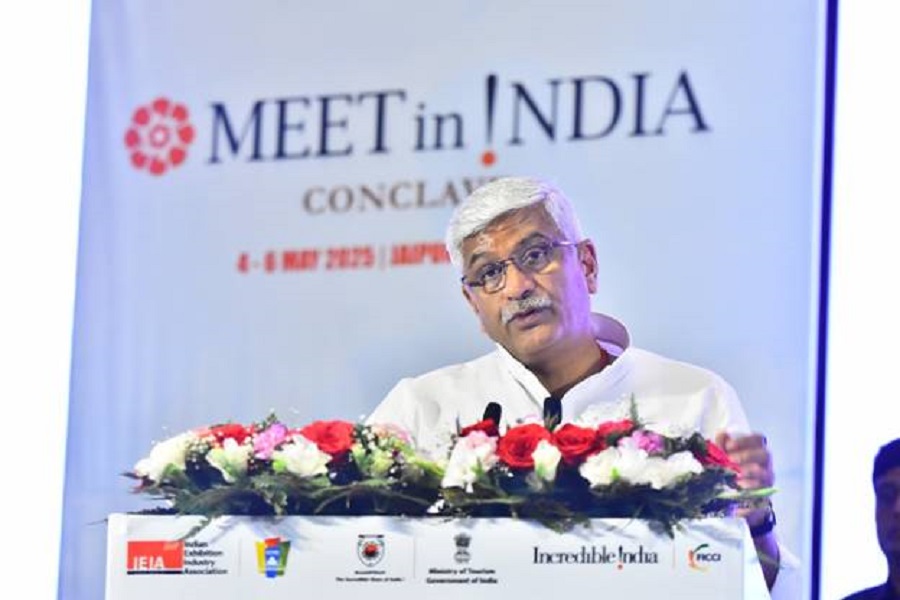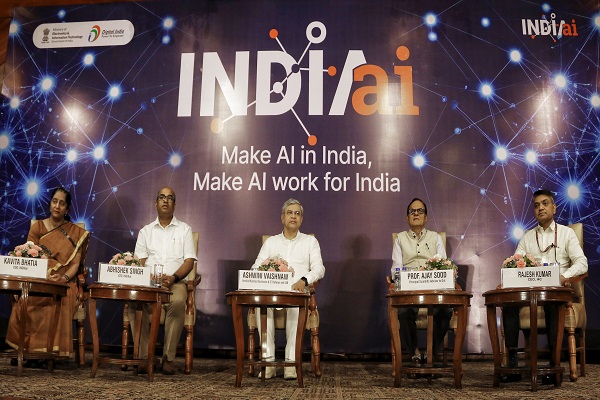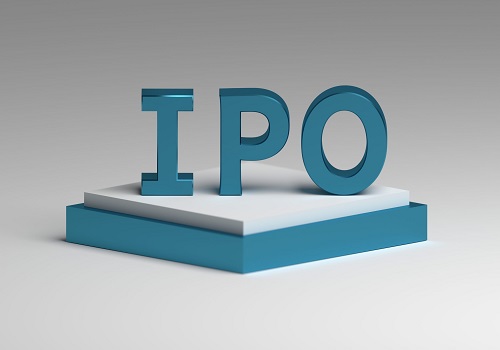Urban Enviro Waste Management coming with an IPO to raise Rs 11.42 crore
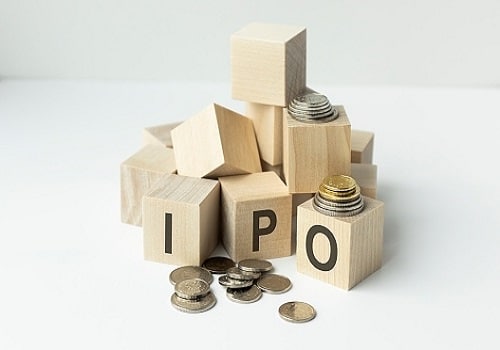
Urban Enviro Waste Management
- Urban Enviro Waste Management is coming out with an initial public offering (IPO) of 11,42,400 equity shares of face value of Rs 10 each for cash at a fixed price of Rs 100 per equity share.
- The issue will open for subscription on June 12, 2023 and will close on June 14, 2023.
- The shares will be listed on NSE Emerge Platform.
- The share is priced 10.00 times higher to its face value of Rs 10.
- Book running lead manager to the issue is Panthomath Capital Advisors.
- Compliance Officer for the issue is Shraddha Kiran Kulkarni.
Profile of the company
The company is engaged in Indian MSW (Municipal Solid Waste) management industry providing MSW services which includes solid waste collection, transportation, segregation of waste and processing and disposal services across the Cities in Gujarat, Rajasthan, Madhya Pradesh and Maharashtra, primarily catering to local municipalities. It partners with different local bodies and serves to manage and reduce waste at each stage from collection to disposal. Its “Solid Waste” business is operated and managed locally that provides collection, transfer, disposal services.
The company also carry on the business of providing manpower like staff, workers, labours skilled/unskilled required by various industries and organizations. It primarily undertake: (i) MSW projects which involve door to door collection of MSW from households, slums, commercial establishments and other bulk-waste generators (community bins) from a designated area through primary collection vehicles like compactors, dumper placers and tippers and transportation of these materials, to the processing facility, transfer station or a disposal site.; (ii) MSW processing projects which involve sorting and segregating the MSW , followed by composting, as required; and (iii) Street sweeping projects which involve deploying of sweeping brooms, manpower, maintenance, consumables, disposal of the waste and any other items required for completion of the cleaning operation of the designated areas. Its presence in the solid waste management industry can be traced back to the incorporation of the company in 2014. Starting with the business of collection and transportation of waste, it has progressed in the field of solid waste management.
Proceed is being used for:
- Repayment of certain secured borrowings (including accrued interest and foreclosure charges, if any) in full availed by the company.
- Funding the working capital requirements of the company.
- General corporate purposes.
Industry overview
The total quantity of Solid waste generated in the country is 160038.9 TPD of which 152749.5 TPD of waste is collected at a collection efficiency of 95.4%. 79956.3 TPD (50 %) of waste is treated and 29427.2 (18.4%) TPD is landfilled. 50655.4 TPD which is 31.7 % of the total waste generated remains un-accounted. Dry waste consists of recyclables such as plastic, paper, cardboard, metals, glass, rubber, non-recyclables and other combustible. It is the most valued waste stream in municipal solid waste owing to high economic value of its components, especially recyclables. Rapid urbanization and economic growth have led to changing consumption patterns. Economic prosperity has also resulted in increase in potential value of recyclable fractions necessitating the adoption of circular economy principles for resource recovery. India currently generates approximately 1.45 Lakh metric tonnes of solid waste, 35% of which is dry waste. Thanks to India’s informal sector, a majority of the plastic waste is recycled. India can take inspiration from countries with high recycling rates: Germany (66.1%), Singapore (60.6%), South Korea (59.0%) and further improve its resource recovery and recycling.
With the key objective of Swachh Bharat Mission (Grameen) (SBM(G)) Phase I attained, the Government of India renewed its commitment to further enhance the sanitation and hygiene status in rural areas with the approval of Phase II of the programme. SBM(G) Phase II has been uniquely designed to leverage the capacity of individuals and communities in rural India to create a people's movement to ensure that the ODF status of rural areas is sustained, people continue to practice safe hygienic behaviour and that all villages have solid and liquid waste management arrangements. SBM(G) Phase-II will be implemented from 2020-21 to 2024-25 in mission mode with a total estimated outlay of Rs.1,40,881 crores. This will be a novel model of convergence between different verticals of financing and various schemes of central and State governments to saturate the sanitation facilities for achieving the ODF Plus villages. Apart from budgetary allocations from DDWS and the corresponding State share, remaining funds will be dovetailed from 15th Finance Commission grants to Rural Local Bodies, MGNREGS and revenue generation models, etc., particularly for SLWM.
Pros and strengths
Range of Service offering: In the company’s industry, the number, size and duration, of simultaneously ongoing projects is considered an indicator of future performance since they provide an indication of anticipated future revenue. Its portfolio of 39 ongoing projects as on May 26, 2023 comprised MSW projects, MSW processing project and sweeping project. Its revenues across all its projects are based on rates agreed-upon at the beginning of the project for the particular period under the project contract, and the actual work undertaken. It has maintained focus on viability of its projects which includes rationale bidding and focus on contracts with pass-through for escalation in certain expenses such as labour and fuel thereby minimizing the financial risk from any contract.
Promoter and management team with domain experience: The company’s Promoter Suresh Sharma, Whole Time Director and its, Managing Director, Kamlesh Sharma, have the sectoral experience with combined average experience of more than 11 years in the solid waste management industry. Further as being KMP, they have played a key role in developing its business operations. Its management team comprises its Managing Director, Kamlesh Sharma, its Whole Time Director, Suresh Sharma and, Chief Finance Officer, Amol Tirale, Executive Director Vikas Sharma. In particular, the active involvement of its management team and key personnel in its operations, including through strategy, direction and relationships have been integral to its development and business.
Risks and concerns
Dependent on municipal authorities for significant proportion of business: The company’s business and revenues are substantially dependent on projects awarded by municipal authorities or Nagar Palikas. There is no guarantee that it will retain the business of its existing key work order or projects or maintain the current level of business with each of these key work order or projects and it cannot assure that it will be able to significantly reduce key work order or projects concentration in the future. Reliance on certain key work order or projects for significant revenue may generally involve several risks and it may have difficulty in securing comparable levels of business from other work orders or projects to offset any loss of revenue from the loss of any such key work order or projects. Risks involved with reliance on key work order or projects for significant revenue may include, but are not limited to, reduction, delay or cancellation of orders, failure to renew contracts with one or more of its significant work order or projects, failure to renegotiate favourable terms with its key work order or projects or the loss of these work order or projects entirely, all of which would have a material adverse effect on the business, results of operations, financial condition, cash flows and future prospects of the company.
Working capital requirements: The company is depending on working capital for the purpose of project execution. In its business, significant amounts of capital is required towards financing the purchase of vehicles. In addition, a portion of the contract value, generally 10% or more of the value of the contract, is withheld by the client as Earning Monthly Deposit (EMD) / Bank Guarantees (BG)/ performance security / Security Deposit (SD) and is released only upon the evaluation of the work or the completion date. Its working capital requirements will increase as it seeks to expand its businesses. It may also increase if, in certain contracts, payment terms include reduced advance payments or payment schedules that specify payment towards the end of a project. Delays in progressive payments or release of retention money or bank guarantees from its clients may increase its working capital needs. It may also experience significant cash outflows to satisfy any indemnity and liability claims, which may cause liquidity issues, due to which it might be unable to arrange for the appropriate earnest money deposit to bid for new projects.
Outlook
Urban Enviro Waste Management provides Waste Management Solutions & Municipal Solid Waste (MSW) Management services. The company's services list includes solid waste collection, transportation, segregation of waste, and processing and disposal services across the Cities in Gujarat, Rajasthan, Madhya Pradesh, and Maharashtra, primarily catering to local municipalities. The company also carries on the activity of providing human resources like staff, workers, and skilled/semi-skilled labourers required by various industries and organizations. The company caters to Indian Local Bodies along with providing its services to Residential Areas, Industries, Research Institutes, Power Stations, Government & Semi Government Hospitals, and Cantonment Boards to name a few. It primarily undertakes Collection & Transport projects & MSW processing projects. It has undertaken more than 24 projects to date. On the concern side, as the company’s business is currently concentrated to a select number of customers, any adverse development with such customer, including as a result of a dispute with or disqualification by such major customers, may result in it experiencing significant reduction in its cash flows and liquidity.
The company is coming out with an IPO of 11,42,400 equity shares of face value of Rs 10 each for cash at a fixed price of Rs 100 per equity share to mobilize Rs 11.42 crore. On performance front, the company’s total revenue increased by 25% to Rs 1,977.36 lakh in the financial year 2021-22 as against Rs 1,587.48 lakh in FY21. The company’s profit after tax rose by 56.06% to Rs 129.35 lakh in FY22 as compared to Rs 82.88 lakh in FY21. Meanwhile, the company aims to deepen its penetration in existing markets and increase its presence by expanding services to new states. As a business strategy, it intends to expand its footprint in Tier-2 cities and Tier-3 cities as there are untapped opportunities in these cities for it to grow its business operations. It will also continue to invest in new equipment and vehicles, manpower resources and training to improve its ability to execute its projects with efficiency.
